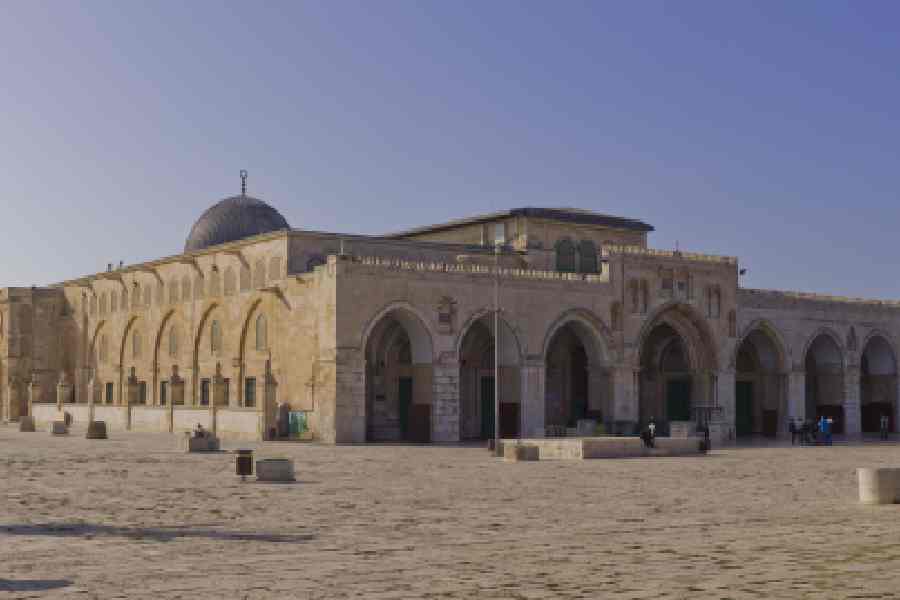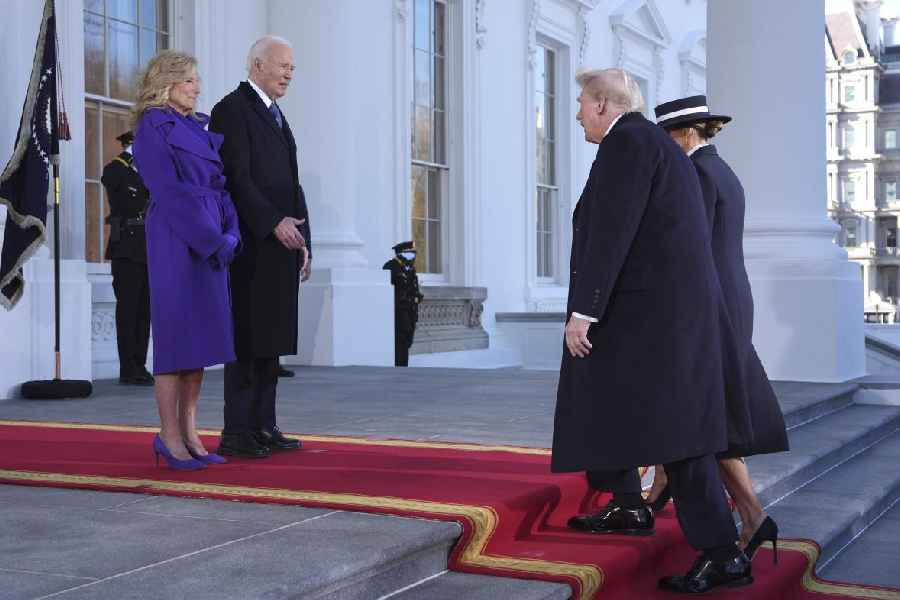The military wing of Hamas, Al Qassam Brigades, described Saturday’s surprise assault on Israel as an operation “in defence of the Aqsa Mosque”, invoking a dispute around a site that is sacred to both Muslims and Jews, that is among the most deeply contested in the holy land.
The mosque sits on a 35-acre site that is considered the holiest in Judaism and the third holiest in Islam. Muslims call the site — which also includes the Dome of the Rock shrine — Haram al-Sharif, or the Noble Sanctuary. According to Islamic scripture, the Prophet Mohammad travelled from Mecca to the mosque in one night to pray and then ascended to heaven.
Jews call the site Temple Mount, because it was the location of two ancient temples which were destroyed.
Israel captured East Jerusalem and the Old City, which contains the site, during the Arab-Israeli War of 1967, then annexed it, but most countries consider it to be occupied territory.
The mosque is administered by the Waqf, a trust controlled by Jordan, under a status quo agreement.
Israeli security forces maintain a presence on the site, and Jews and Christians can visit, but for years they were prevented from praying on the site to prevent clashes. More recently, the Israeli police have quietly allowed Jews to pray there.
Israeli religious nationalists have increasingly made a point of going to the site, and Saturday’s statement from the Hamas military wing cited Jewish prayer at the compound, saying that what it called “aggression” there had “reached a peak in the past days”.
The site has long been a flashpoint. The deadly, years-long second Palestinian intifada, or uprising, developed
in the wake of a visit there in 2000 by Ariel Sharon, then Israel’s Right-wing Opposition leader.
Recent years have brought clashes over Israeli police raids at the site. Israeli raids on the mosque compound in May 2021 contributed to sparking an 11-day war between Israel and Hamas.
New York Times News Service











